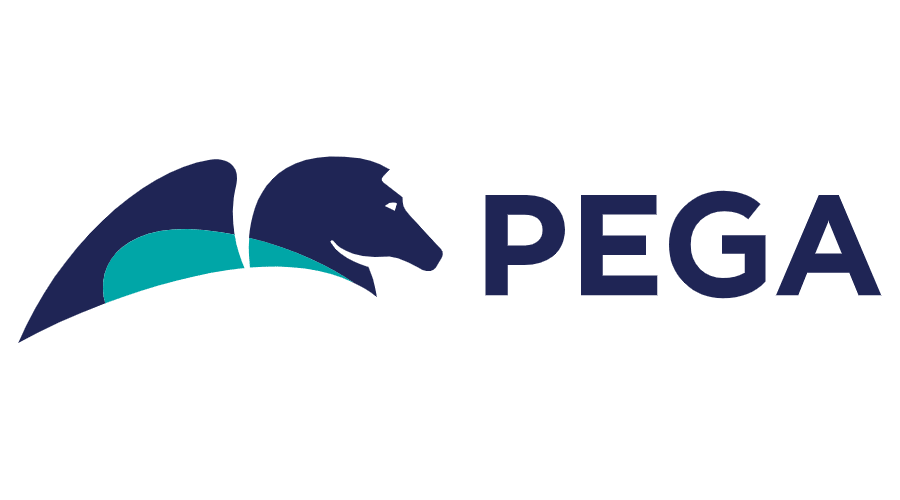
Pegasystems Inc (Pega) is the leader in cloud software for customer engagement and operational excellence. Businesses rely on Pega’s AI-powered software to optimize customer interactions while ensuring their brand promises are kept.
At the beginning of 2019, Pega’s development team grew quickly and was suddenly faced with technical challenges of delivering value to customers confidently and at speed. Pega hired Last Call Media to help Pega’s developers improve their inefficient deployment process, re-risk it, and implement DevOps best practices.
